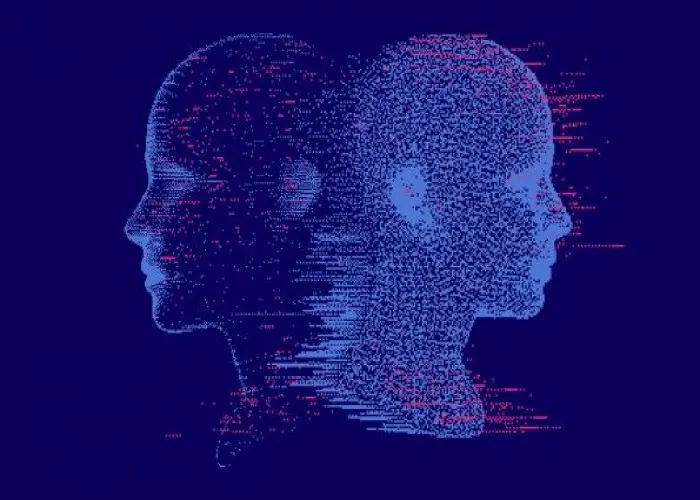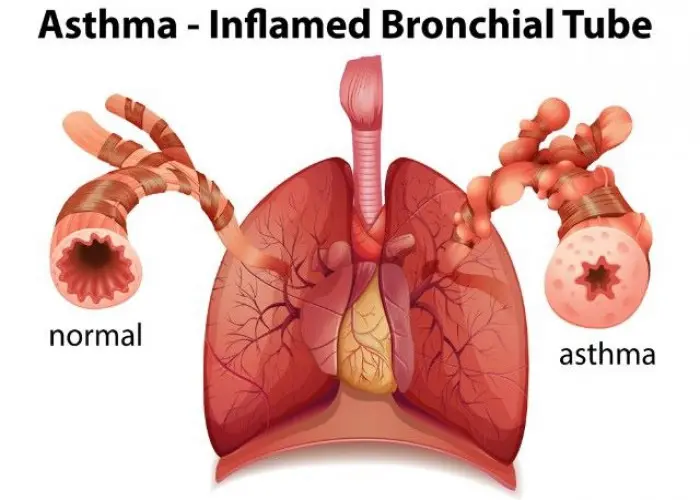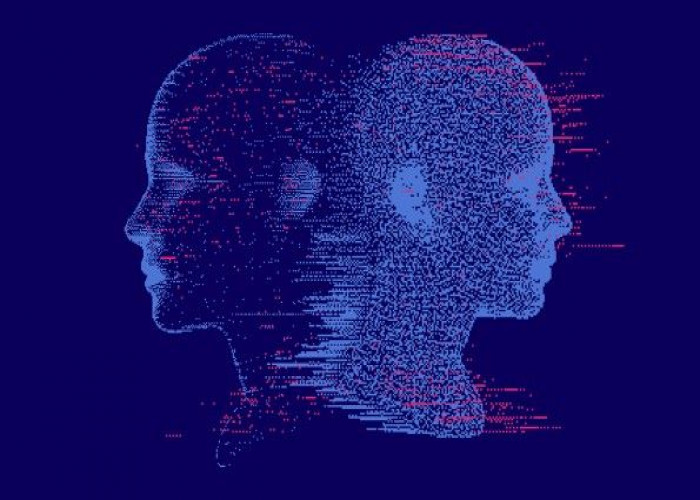 Welcome
Welcome
“May all be happy, may all be healed, may all be at peace and may no one ever suffer."
Dissociative disorders

Dissociative disorders are a group of mental health conditions that involve disruptions or changes in a person's sense of identity, consciousness, memory, or perception. They can be triggered by trauma or severe stress, and may be a way for the mind to cope with overwhelming emotions or experiences.
There are several types of dissociative disorders, including dissociative amnesia, dissociative identity disorder, depersonalization/derealization disorder, and other specified dissociative disorder.
Dissociative amnesia is characterized by partial or complete memory loss of a traumatic event or period of time. The person may forget personal information, such as their name or address, or have gaps in their memory.
Dissociative identity disorder (formerly known as multiple personality disorder) is a condition in which a person develops two or more distinct identities or personalities, each with their own memories, behaviors, and emotions.
Depersonalization/derealization disorder is a condition in which a person feels detached from their own body or surroundings, as if they are observing themselves from outside their own body.
Other specified dissociative disorder is a category that includes dissociative disorders that do not fit the criteria for the other specified types.
Treatment for dissociative disorders typically involves a combination of psychotherapy, medication, and support from family and friends. Cognitive-behavioral therapy and dialectical behavior therapy may be helpful in addressing trauma and managing symptoms. Medications such as antidepressants or anti-anxiety drugs may also be used to help manage symptoms.
In conclusion, dissociative disorders are a group of mental health conditions that involve disruptions or changes in a person's sense of identity, consciousness, memory, or perception. They can be triggered by trauma or severe stress, and may be a way for the mind to cope with overwhelming emotions or experiences. Treatment typically involves a combination of psychotherapy, medication, and support from family and friends. If you or someone you know may be experiencing dissociative symptoms, it is important to seek help from a mental health professional.
Research Papers
Disease Signs and Symptoms
- Memory loss
- Stress
- Mental disorder
- A sense of being detached from yourself and your emotions
- A perception of the people and things around as distorted and unreal
- A blurred sense of identity
Disease Causes
Dissociative disorders
Dissociative disorders usually develop as a way to cope with trauma. The disorders most often form in children subjected to long-term physical, sexual or emotional abuse or, less often, a home environment that's frightening or highly unpredictable. The stress of war or natural disasters also can bring on dissociative disorders.
Personal identity is still forming during childhood. So a child is more able than an adult to step outside of himself or herself and observe trauma as though it's happening to a different person. A child who learns to dissociate in order to endure a traumatic experience may use this coping mechanism in response to stressful situations throughout life.
Disease Prevents
Dissociative disorders
Children who are physically, emotionally or sexually abused are at increased risk of developing mental health disorders, such as dissociative disorders. If stress or other personal issues are affecting the way you treat your child, seek help.
- Talk to a trusted person such as a friend, your doctor or a leader in your faith community.
- Ask for help locating resources such as parenting support groups and family therapists.
- Look for churches and community education programs that offer parenting classes that also may help you learn a healthier parenting style.
If your child has been abused or has experienced another traumatic event, see a doctor immediately. Your doctor can refer you to a mental health professional who can help your child recover and adopt healthy coping skills.
Disease Treatments
Dissociative disorders treatment may vary based on the type of disorder you have, but generally include psychotherapy and medication.
Psychotherapy
Psychotherapy is the primary treatment for dissociative disorders. This form of therapy, also known as talk therapy, counseling or psychosocial therapy, involves talking about your disorder and related issues with a mental health professional. Look for a therapist with advanced training or experience in working with people who have experienced trauma.
Your therapist will work to help you understand the cause of your condition and to form new ways of coping with stressful circumstances. Over time, your therapist may help you talk more about the trauma you experienced, but generally only when you have the coping skills and relationship with your therapist to safely have these conversations.
Medication
Although there are no medications that specifically treat dissociative disorders, your doctor may prescribe antidepressants, anti-anxiety medications or antipsychotic drugs to help control the mental health symptoms associated with dissociative disorders.
Disease Diagnoses
Disease Allopathic Generics
Disease Ayurvedic Generics
Disease Homeopathic Generics
Disease yoga
Dissociative disorders and Learn More about Diseases

Acute liver failure

Bradycardia

Chiari malformation

Head and neck cancers

Urinary incontinence

Exercise-induced asthma

Molluscum contagiosum

Rotavirus
dissociative disorders, ডিসোসিয়েটিভ ডিসঅর্ডার
To be happy, beautiful, healthy, wealthy, hale and long-lived stay with DM3S.
